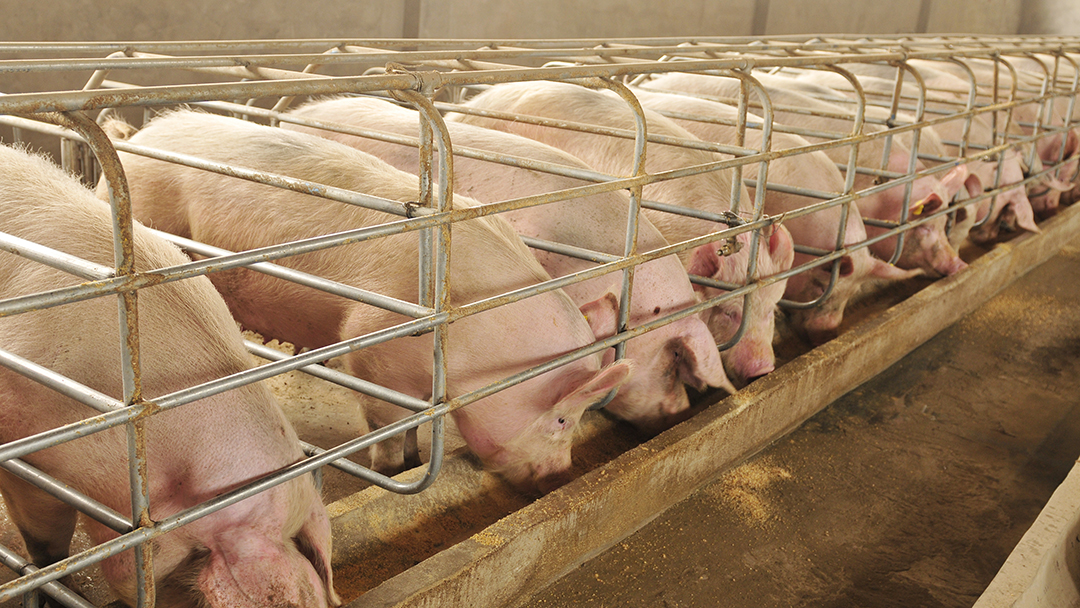PIGSs
Program for Innovative Global Prevention of Streptococcus suis

Objective
To increase our understanding of the host-pathogen-environment interactions in S. suis infections in pigs, and thereby strengthening the evidence base for new innovations and effective prevention and control strategies.
Description
Streptococcus suis is an endemic porcine disease causing significant economic losses to the pork meat production industry in all countries where pigs are reared on a large scale. In some countries S. suis is the primary cause of mortality and morbidity in young pigs and the most frequent reason to prescribe antibiotics of the amino-penicillin group as a preventative measure. S. suis is also a zoonotic pathogen of humans and infections reported worldwide have increased significantly in recent years. Within S. suis many different types (serotypes, genotypes, pathotypes) exist causing problems in the development of control strategies targeting all types. Asymptomatic carriage in adult pigs is common and combined with a lack of knowledge on the host-pathogen-environment interactions, are the main reasons for failure to control the endemic nature of this pathogen. The project outputs will impact on understanding host-pathogen-environment interactions of S. suis infections through the genome sequencing of 1200-1500 S. suis isolates from representative geographic areas of the major pork producing countries and performing genome-wide association studies with invasive disease and asymptomatic carriage. New diagnostic methods will be developed for global monitoring of infection risk and tested on case farms. Epidemiology studies will determine risk factors for invasive S. suis disease, including the role of co-infections, and for the first time will properly assess the dynamics of the disease on a representative farm. We will increase our understanding of the virulence mechanisms involved in pathogenesis including interactions of S. suis with the innate immune system. The project outputs will strengthen the evidence base for prevention and control strategies through the testing of novel conserved vaccine antigens in pigs and prevention strategies based on manipulation of the microbiota and stimulation and maturation of the innate immune system.
Partners
Wageningen University
The Chancellor, Masters and Scholars of the University of Cambridge
Stichting Wageningen Research
Ceva Santé Animale SA
L’Institut de Recerca i Tecnologia Agroalimentàries
AMC
Danmarks Tekniske Universitet
Stiftung Tierärztliche Hochschule Hannover
Chr. Hansen A/S
Funders
European Commission
Countries
Netherlands
UK
Spain
France
Denmark
Germany
